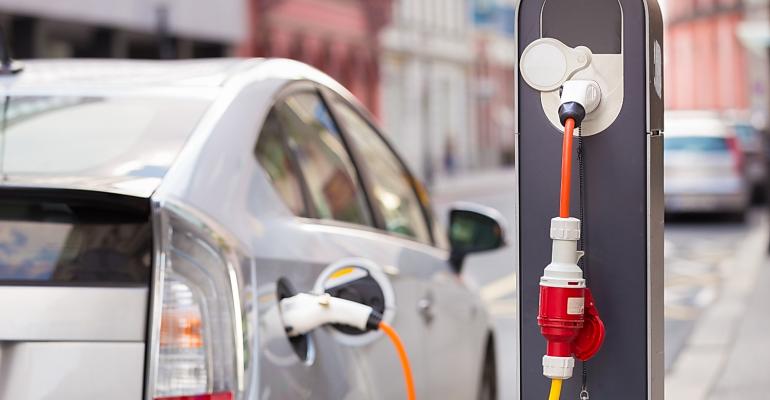MADRID – City governments in Spain’s two largest cities adopt significantly different rules for emissions from internal-combustion engines, while an auto-industry official complains that the country’s patchwork of clean-air regulations has left consumers hesitant to buy new cars.
In Barcelona, Spain’s second-largest city with 4.25 million residents, Mayor Ada Colau, says a “low-emission area” (LEA) covering 37 sq.-mi. (95 sq.-km) will be designated effective Jan. 1, 2020. Drivers of non-compliant vehicles will face fines of up to €1,803 ($1,995) after April 1, 2020.
Barcelona officials estimate the measure, which will be enforced between 7 and 20 hours a day on weekdays, will reduce greenhouse-gas emissions by 30% over the next 15 years.
The LEA covers most of the city and parts of four bordering municipalities. But Barcelona harbor – where older, higher-polluting vehicles and machinery such as trucks, locomotives, cranes and forklifts are concentrated – is exempt.
Experts consider the harbor Barcelona’s main source of ICE pollution, and they view the new regulation as aimed more at raising money from fines than at curbing emissions.
In the capital Madrid, with 5.26 million residents, Mayor Jose Luis Martinez-Almeida says penalties for driving non-compliant vehicles inside the city center – a designated area 1/20th the size of Barcelona’s LEA – will be reduced, explaining that, “Sometimes, someone enters Central Madrid by mistake.”
Martinez-Almeida says his next budget will include €200 million ($221 million) over four years to subsidize the purchase of low- or zero-emissions vehicles.
In addition, the City Council will study whether to lower rates at public parking lots in Central Madrid so as not to discourage residents and tourists from visiting the area.
With more than 50 varying regulations on vehicle emissions on the books in Spain, consumers face uncertainty about which car to buy – and in many cases decide to not buy anything, says Jose Vicente de los Mozos, president of ANFAC, the main Spanish automakers’ association.
De los Mozos cites the Spanish government’s recent announcement that it would ban the sale of gasoline- and diesel-powered cars by 2040 only to backtrack less than 24 hours later, leaving its intentions unclear.
Prohibiting the sale of certain vehicles when it is not known what technologies will be acceptable in 2040 “is not the most appropriate” action to take, de los Mozos says at the recent Frankfurt auto show.





